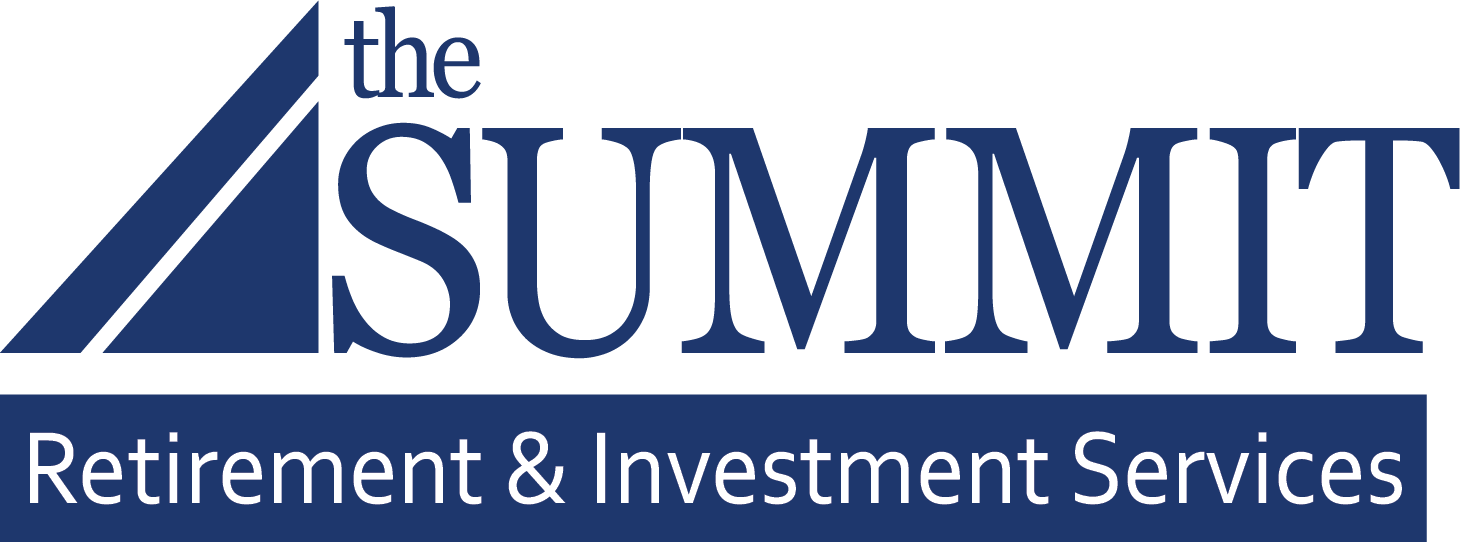
Simple Alternatives for College Expenses
Start saving for future college costs today with The Summit Retirement & Investment Services. Our financial professionals can guide you in planning and saving for your child’s educational needs. Let us help you secure their future!
Schedule a Consultation
Find a Financial Professional
Check the background of our financial professionals on FINRA’s BrokerCheck.
Coverdell Education Savings Accounts
A “Coverdell ESA” or “education savings account” are tax-advantaged investment accounts designed to help you save for future education expenses. This includes costs for both higher education, such as college tuition and fees, as well as expenses for elementary and secondary education.
Key Benefits:
- Contribution Limit: You can contribute up to $2,000 per year if eligible.
- Tax Advantages: Your funds grow tax-deferred, and withdrawals for qualified education expenses are exempt from federal taxes.
Qualified Education Expenses Include:
Certain Room and Board Expenses
We also offer a Coverdell Certificate option with competitive rates. Start planning for your child’s educational future today. See our great rates!
529 College Savings Program
What is a 529 savings plan?
A 529 plan or “qualified tuition plans,” are tax-advantaged savings accounts designed for future education tuition and related expenses. Eligible expenses include tuition, books, computers, and room and board. There are two main types of 529 plans: prepaid tuition plans and college savings plans.
Types of 529 plans
- Prepaid Tuition Plans: Pay tuition in advance at today’s rates, locking in costs based on current tuition prices. These plans pool investments to keep pace with state tuition increases.
- College Savings Plans: Save in a dedicated account for tuition, fees, books, and certain room and board expenses. Returns depend on the investments you choose.
Why choose a 529 plan?
Before investing, consider if your home state offers any tax benefits, financial aid, or creditor protections related to its 529 program. Withdrawals for qualified expenses are federally tax-free, but state tax treatment may vary. Consult your tax advisor for personalized advice before investing.
Start Your Education Savings Journey Today
Investing in a Coverdell Education Savings Account or 529 College Savings Program is a smart way to prepare for your child’s educational expenses. With tax advantages and flexible contribution options, you can help ensure they have the resources they need for success. Our team is here to guide you through the process and answer any questions you may have. Don’t wait—start planning for their future today!
Contact The Summit Retirement & Investment Services
We’re here to help – please fill out the form with the best way to reach you; or if you prefer, contact us by phone at (585) 453-7230.
Securities and advisory services are offered through LPL Financial (LPL), a registered investment advisor and broker-dealer (member FINRA/SIPC). Insurance products are offered through LPL or its licensed affiliates. The Summit Federal Credit Union and The Summit Retirement and Investment Services are not registered as a broker-dealer or investment advisor. Registered representatives of LPL offer products and services using The Summit Retirement and Investment Services, and may also be employees of The Summit Federal Credit Union. These products and services are being offered through LPL or its affiliates, which are separate entities from, and not affiliates of, The Summit Federal Credit Union or The Summit Retirement and Investment Services. Securities and insurance offered through LPL or its affiliates are:
Not Insured by NCUA or Any Other Government Agency | Not Credit Union Guaranteed | Not Credit Union Deposits or Obligations | May Lose Value
Your Credit Union (“Financial Institution”) provides referrals to financial professionals of LPL Financial LLC (“LPL”) pursuant to an agreement that allows LPL to pay the Financial Institution for these referrals. This creates an incentive for the Financial Institution to make these referrals, resulting in a conflict of interest. The Financial Institution is not a current client of LPL for advisory services. Please visit https://www.lpl.com/disclosures/is-lpl-relationship-disclosure.html for more detailed information. LPL Financial Form CRS
The LPL Financial registered representative(s) associated with this website may discuss and/or transact business only with residents of the states in which they are properly registered or licensed. No offers may be made or accepted from any resident of any other state.


